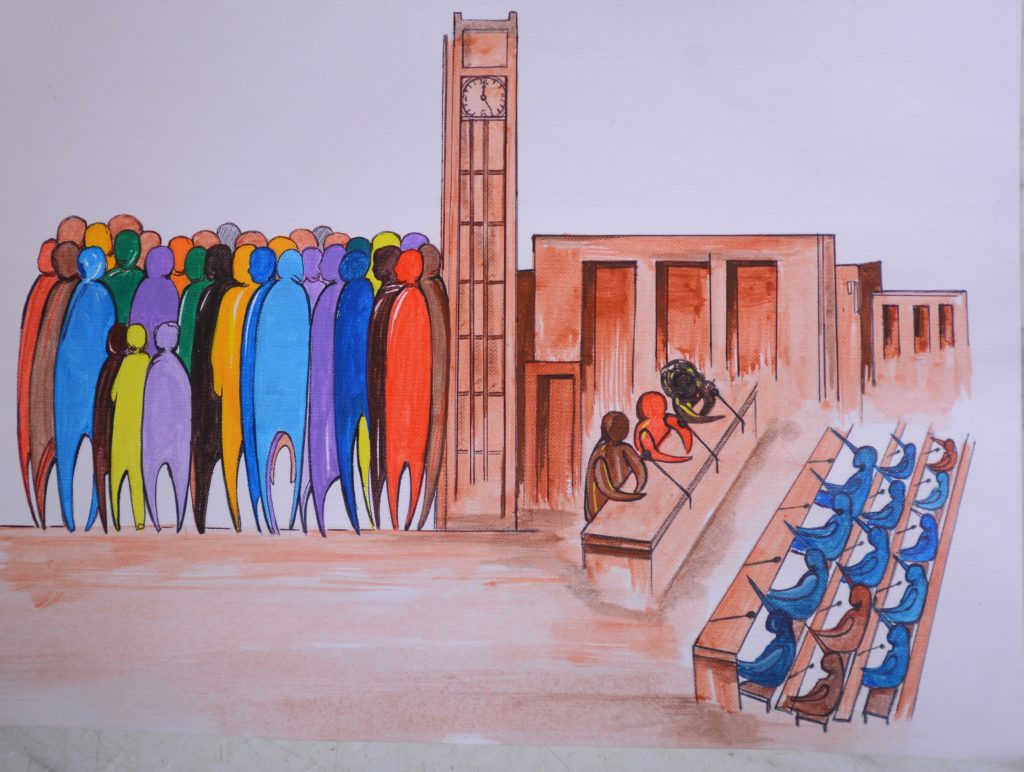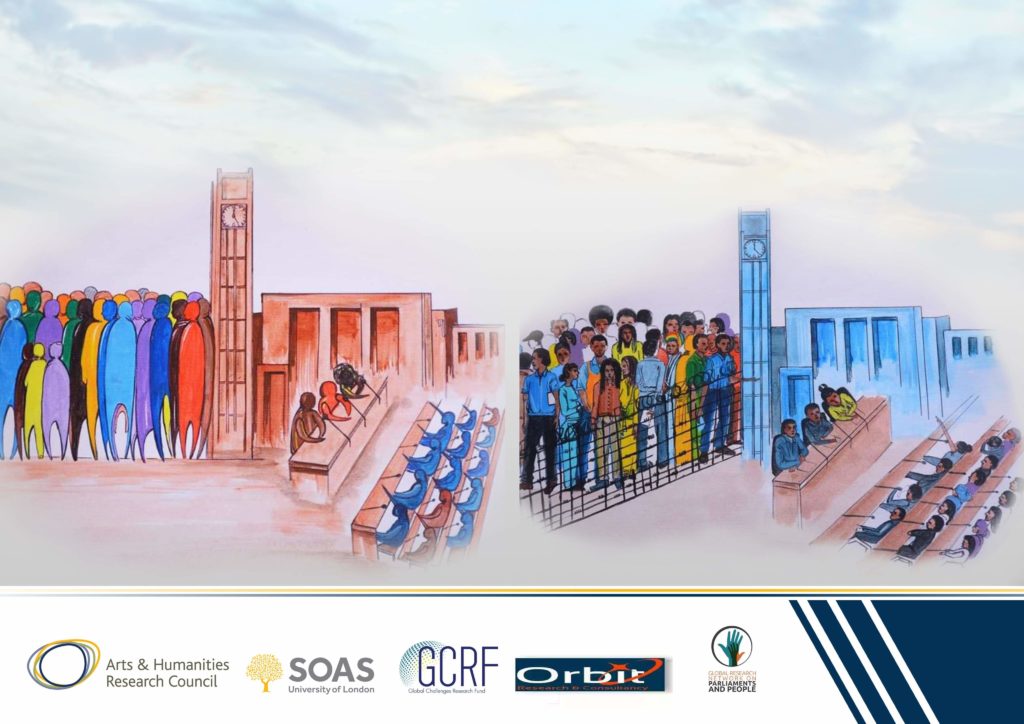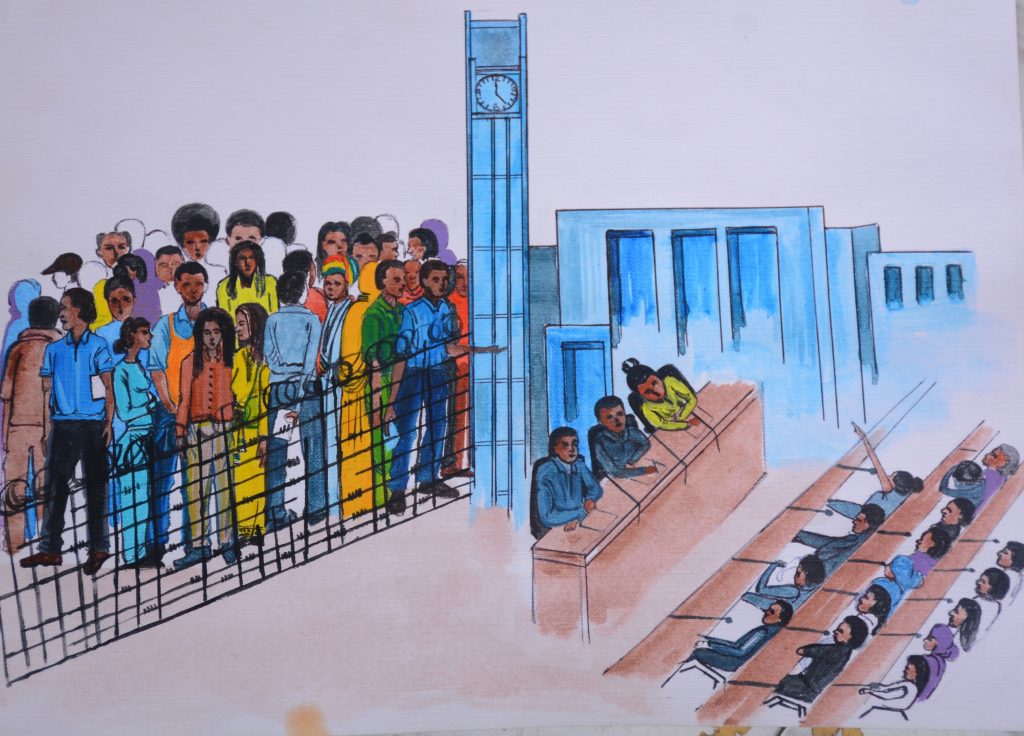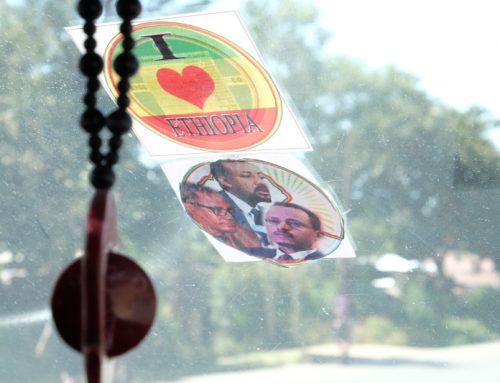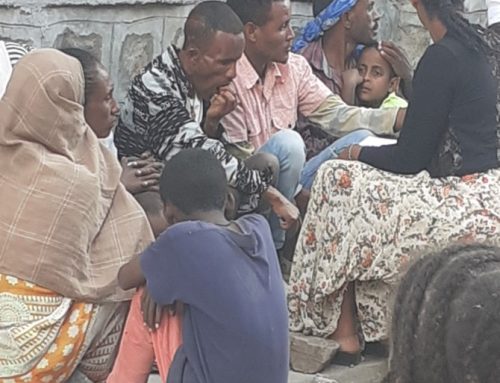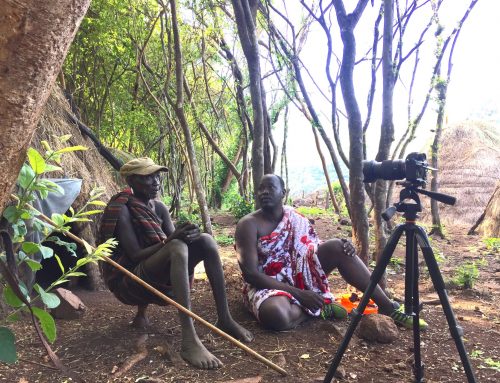Defferew Kebebe, Challa Amdissa, Aklilu Wubet
This project examined how inclusive parliamentary public engagement can strengthen representative democracy in the Ethiopian context. They looked at how the mechanisms through which trust can be repaired and built anew, including through improved engagement with women and marginalised ethnic groups. Public engagement is said to be essential to healthy democracy, as it ensures greater participation, increases public understanding of Parliament and its work, broadens the range of voices heard by Parliament, and potentially enhances legitimacy and trust. As trust in politics has fallen in representative democracy, public engagement has become a standard theme of modern democracy and a central activity for parliament (Leston-Bandeira, 2016). Low levels of interest in Parliament have been attributed to distrust and disenchantment with the wider political and governmental processes. Inclusive public engagement is considered critical to strengthening representative democracy.
The team collected primary data in the form of surveys amongst residents of two Addis Ababa constituencies, interviews with MPs, and focus group discussions with civil society organisations, private sector leaders, and the media. They triangulated these findings and synthesised them in a report, which was then shared with key stakeholders at a validation workshop. As lead investigator Defferew Kebebe notes, “We did not want to simply write and publish a report based on our comprehensive research. The process of strengthening political-public engagement has to be deeply consultative. So we opened our report findings and recommendations to people from across Ethiopian civil society to reflect, comment, debate, and help modify.”
In addition to developing some key recommendations about how to strengthen political relationships in Addis specifically, and Ethiopia more generally, and launching this as a written report, the team experimented with integrating an arts and humanities approach. Partly, they had already done this by taking a mixed-methods research approach that included working with qualitative data. But they felt a more robust artistic dimension could really add value and impact to their project, and so collaborated with the Ethiopian artist Wondesan (Chair of the Ethiopian Visual Artists Association). “It was important for me to be able to participate in the research team’s focus group discussions with stakeholders, so I could get a deeper sense of what people are thinking and feeling. And I felt strongly that I wanted to design a set of posters that deepens people’s understanding of democracy – art must be relatable to society, to people”, explained Wondeson.
The artwork became a key component of the team’s communication and dissemination activities, helping capture some of their most significant research findings, such as the limited status of political-public engagement; and people’s aspirations for deeper dialogue, representation, and trust in their politicians.
Reflecting on the integration of creative arts in their research, another team member noted, “The artworks cut to the heart of the issue we are talking about, and they have been really well received by audiences at our conference presentations, student workshops, and in our television interviews. We’ve been really surprised because as academics we aren’t used to seeing art and politics combine with such impact. But I think we’ve learned and shown that they can be integrated and that they should be, because more people can access and engage with important political topics if we harness the power of art.”
As a consequence of their research, and the integration of arts, humanities, and creative methodologies, Defferew and the team continue to help improve understanding of the relationship between Parliament and people in Ethiopia, and to set out a charter of desirable and realistic changes in the Ethiopian political landscape. This includes actively engaging university students and residents across Addis Ababa in discussion, and discussing their research findings at conferences and in the media.
About the project team
Defferew Kebebe holds a Master’s degree in public policy and management from Addis Ababa University, and previously lectured at Dire Dawa University before taking up his current lectureship in Addis in 2014.
Challa Amdissa holds a Master’s degree in public administration from Addis Ababa University, where he also works as a Lecturer; he is currently working towards the completion of his PhD.
Aklilu Webet holds a Master’s degree in public administration from Addis Ababa University, with special reference to the policy and banking system in Ethiopia, where he has been a Lecturer since 2016. He also works as a consultant for the business, economic and investment sectors in Ethiopia.

